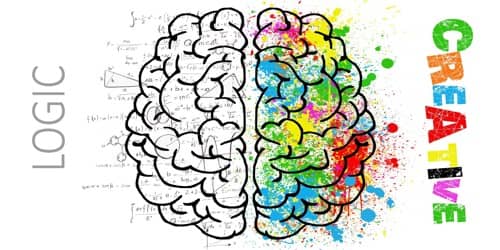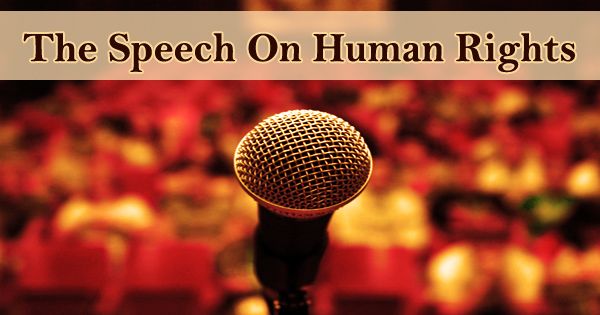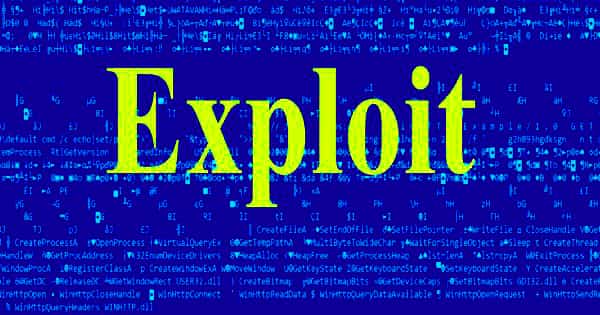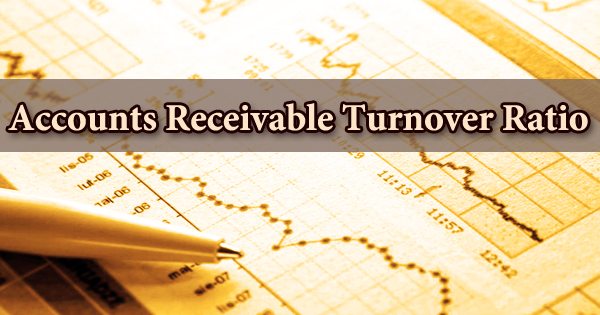Mathematics is the most perfect language of all – an Open Speech
Mathematics is a subject where you only need to apply your brain. Strictly speaking, a language is a verbalized means of communication, enabling the speaker to convey thought to another person. I do accept the fact that every academic subject does have logic. However, the more complex the thoughts or ideas, the harder or more cumbersome language becomes. Whenever you tackle a problem, you apply your brains, your grey cells get charged. And this is the simplest possible example; anything more complicated would be unmanageable. Moreover using Maths you can define a big part in one line. For example ” A happens because of B because….” – this thing in Maths can only be written as ” A ∝ B”. So in this way, mathematical symbols which nowadays are universally accepted, compress information in a way that no ether ‘language’ possibly could, and this fact supports the topic statements.
The beauty of mathematics cannot be expressed through words. However, this ‘language’ is only available to most people in its simplest forms, i.e. arithmetic, algebra and geometry, and these are taught in schools because they have everyday usage. The shop assistant needs arithmetic, unless there is an automatic cash till, and technicians of all kinds need the other two; perhaps more, such as trigonometry, logarithms, and the calculus, should he or she be dealing with quantities that vary in time and space. In this sense, of course, mathematics is a minority language, a language intelligible only to the specialists of all nations. Maths can be interpreted as a very complex language as it combines both imaginary and real worlds at the same time in the form of numbers.
Mathematics is everything. Take a look around, and you can find mathematics behind it, be it a simple thing. The time may come when knowledge of higher mathematics is far more widespread, however. The ‘new’ mathematics is now being taught in many schools, sometimes alongside the traditional approach and younger students find the new methods more intelligible. The principles, of course, have not changed; merely the setting out. All this aside, mathematics developed alongside of human development and carried on similarly with each culture that was developing it simultaneously.
Mathematics has been described as ‘the spearhead of natural philosophy’, and this was certainly true up to about 1800. The subject grew up independently in China, India, the Arab world and Europe. For example, many of the Alexandrian and Greek schools of geometricians, represented by Thales of Miletus, Pythagoras, Euclid, Archimedes, etc advanced propositions which were already Pythagoras, Euclid, Archimedes, etc advanced propositions which were already known elsewhere.
Descartes revived algebraic geometry, Napier invented logarithms, Newton and Leibnitz the calculus. Lobachevsky developed non-Euclidian geometry and was followed by Einstein, though the latter was more of a physicist than a mathematician. From Newton onwards, mechanics and astronomy began to use advanced mathematics and, later on, physics came in for the same treatment. Both ‘pure’ and ‘applied’ mathematics became the indispensable tools of progress. Pure maths reaches conclusions by means of the deductive process and may be independent of need. Applied maths consists of developments to meet the requirements of science and technology.
So mathematics has become a ‘beautiful language’ in several senses. Firstly, in its ability to compress ideas, just as a great poet achieves desired effects by the great verbal economy. Second, because it’s tools, the symbols, are internationally accepted. Third, because it is entirely objective, and completely exact, allowing no room for prejudice or human emotion. Fourth, because it constantly provides the ground for new hypotheses. These, in turn, are checked by logic and observation. Often as with Pythagoras, mathematical conclusions can be checked by other means. So mathematics can lead man closer to absolute truth than any other means, that is in the categories of discovery in which it can operate.
Mathematics means ‘facts’, verified by experiment, and these facts are true within the four dimensions in which the human mind can operate. The other dimensions, perhaps six according to Stephan Hawking, must be compressed into infinitesimal space, so are likely to remain the prerogative of the Creator!
Information Source:
















